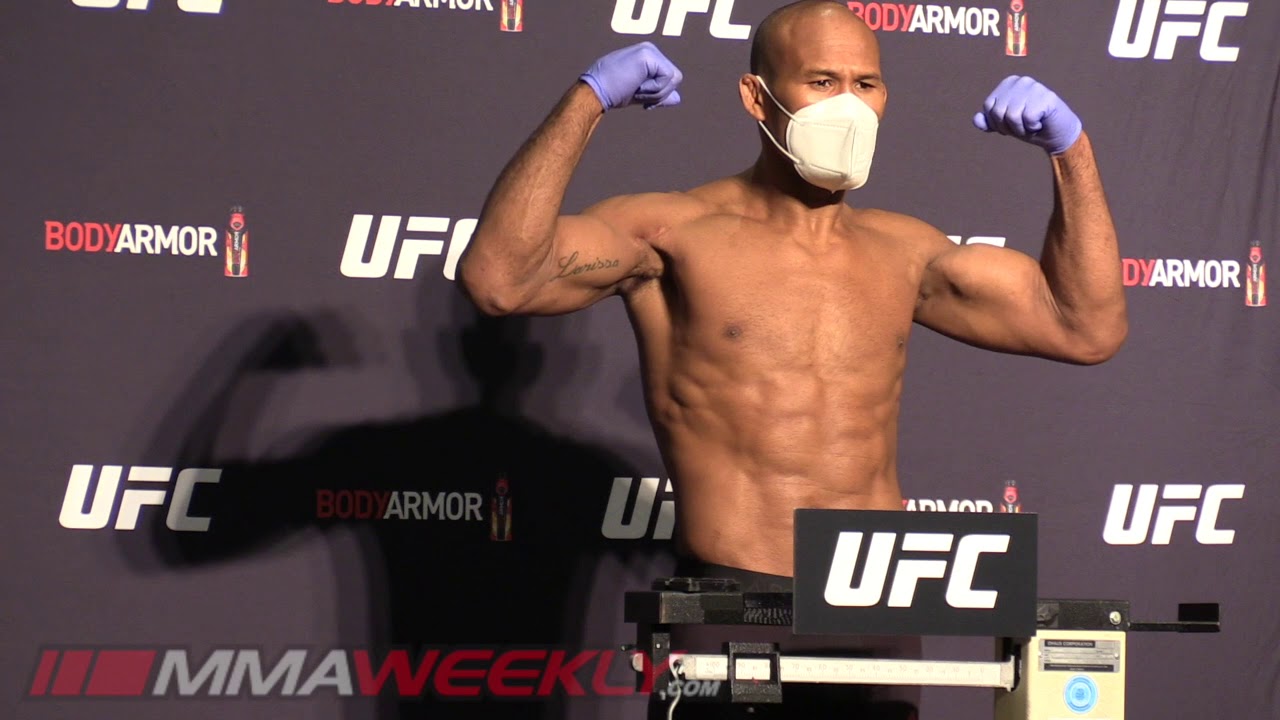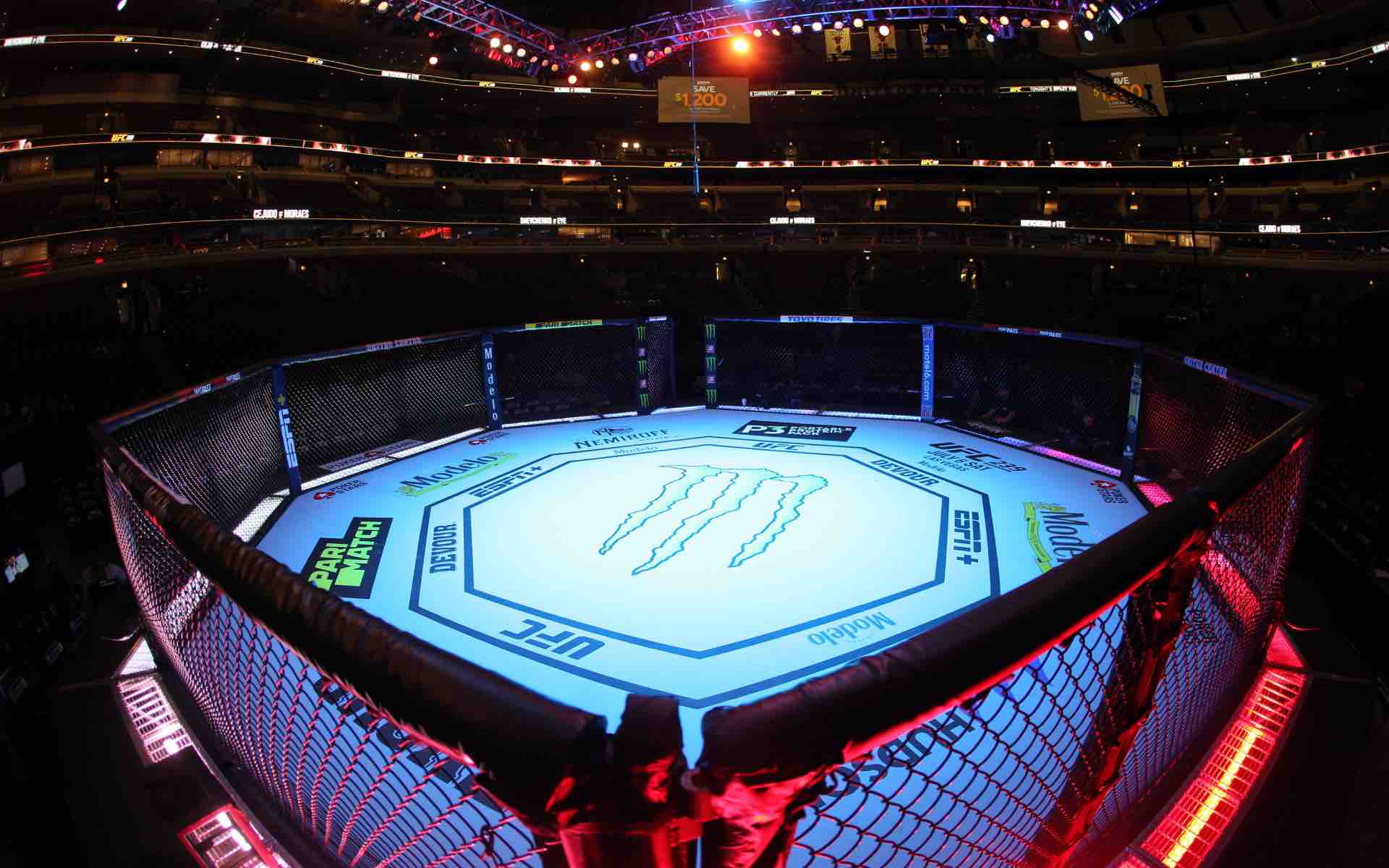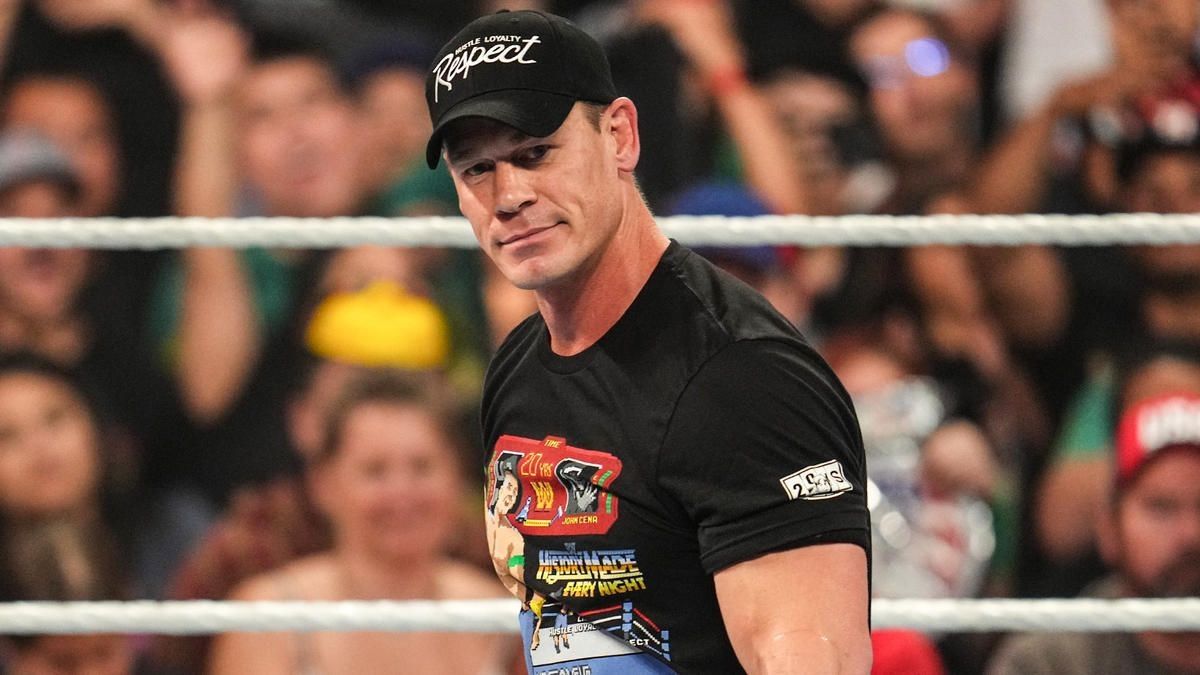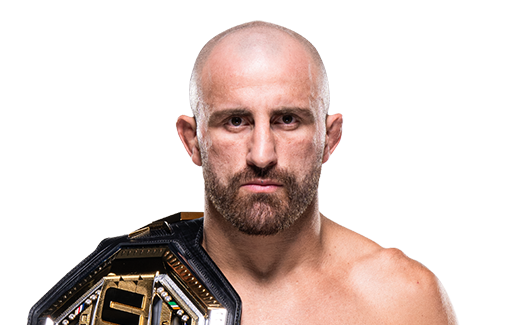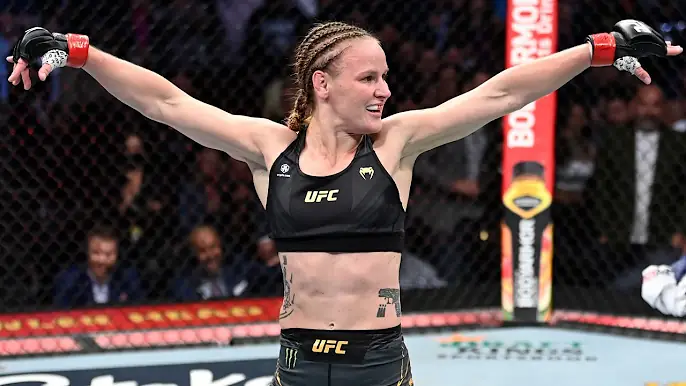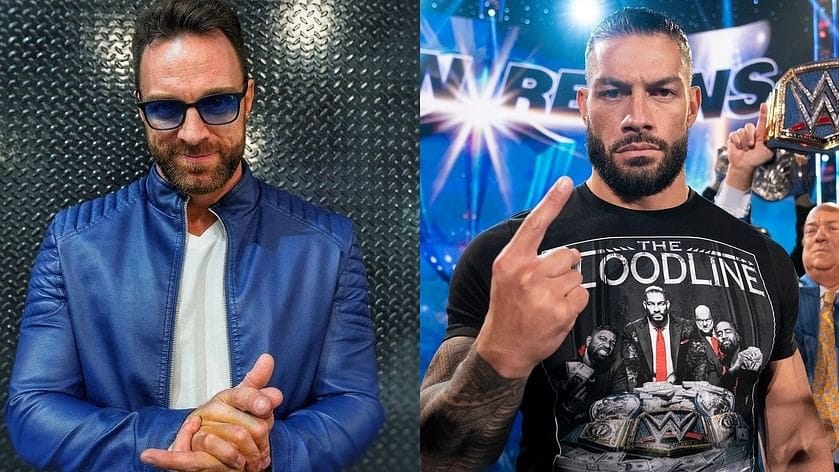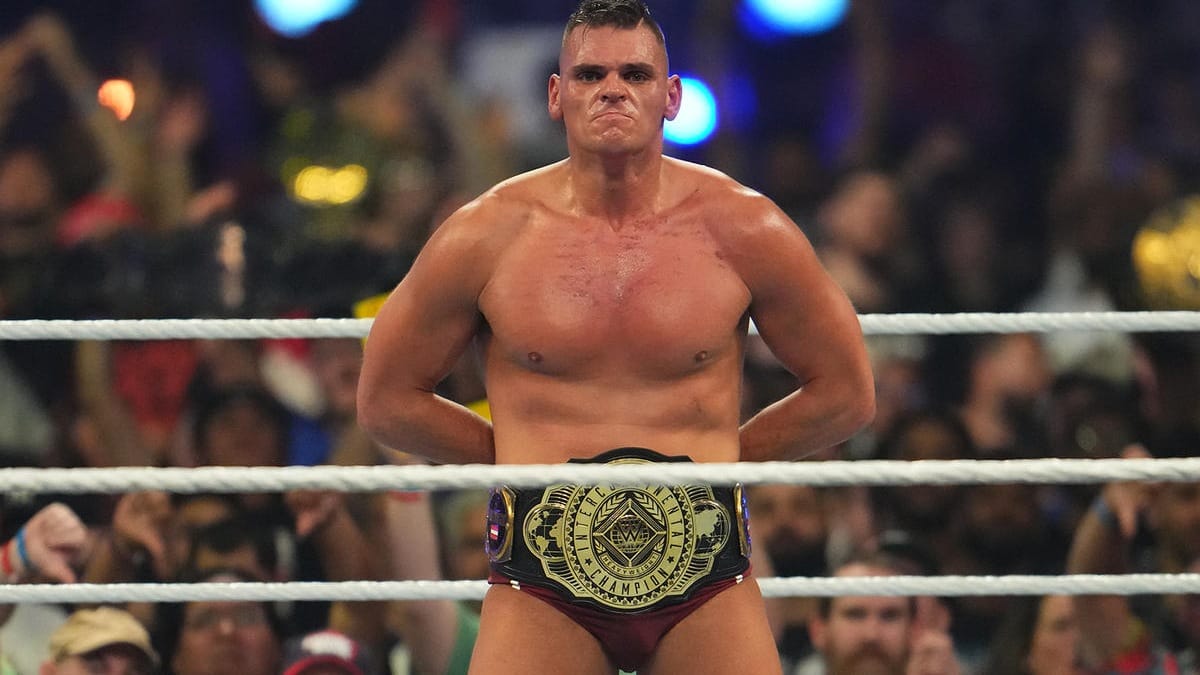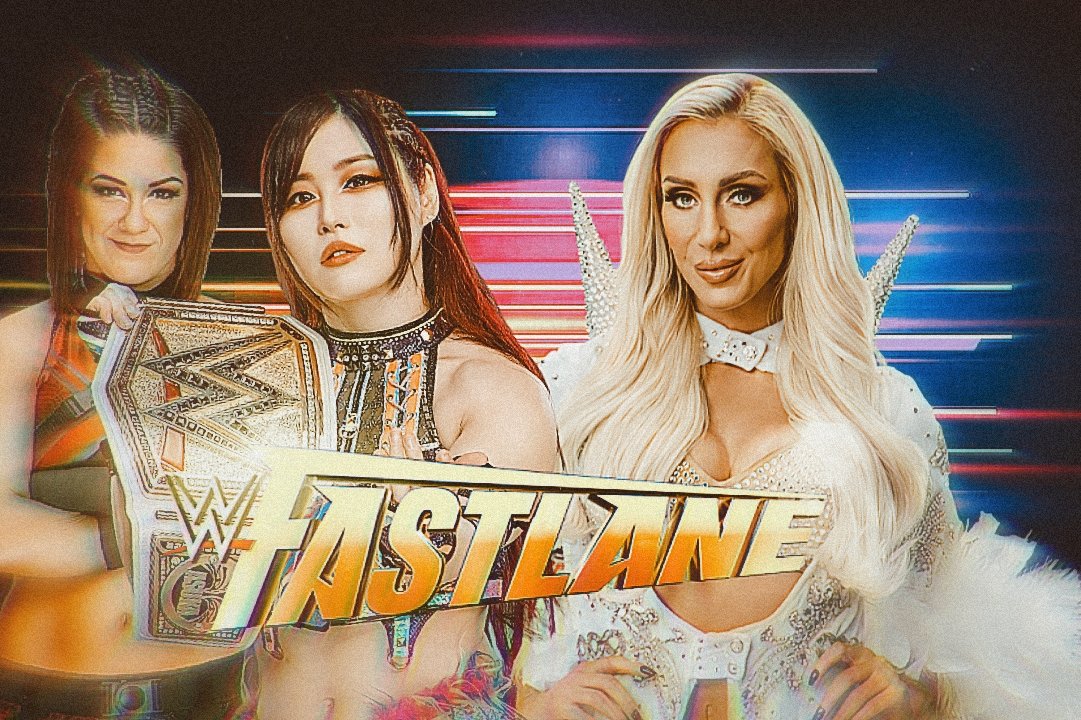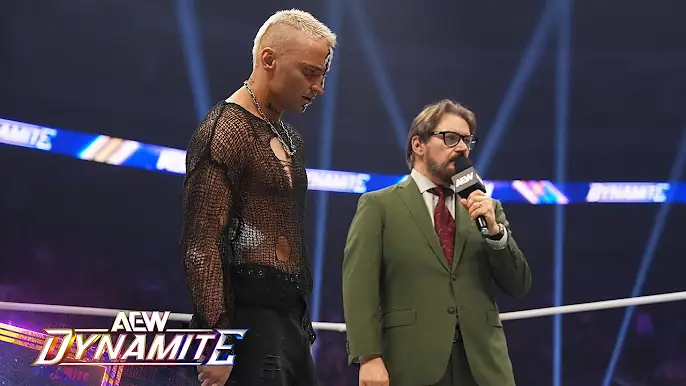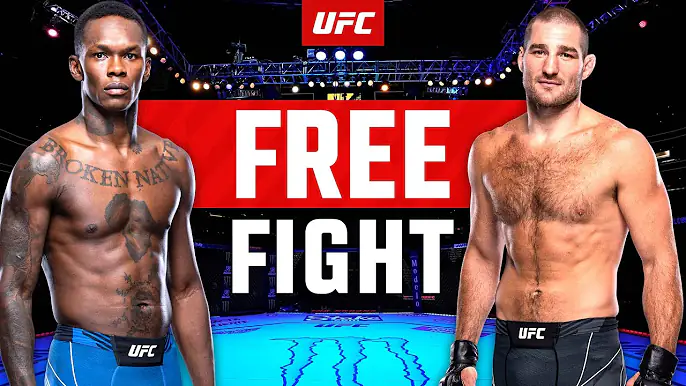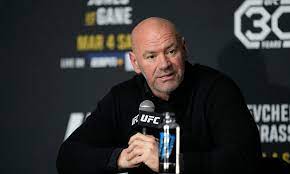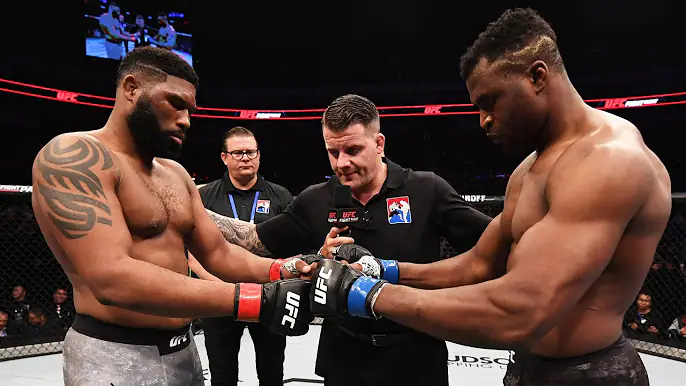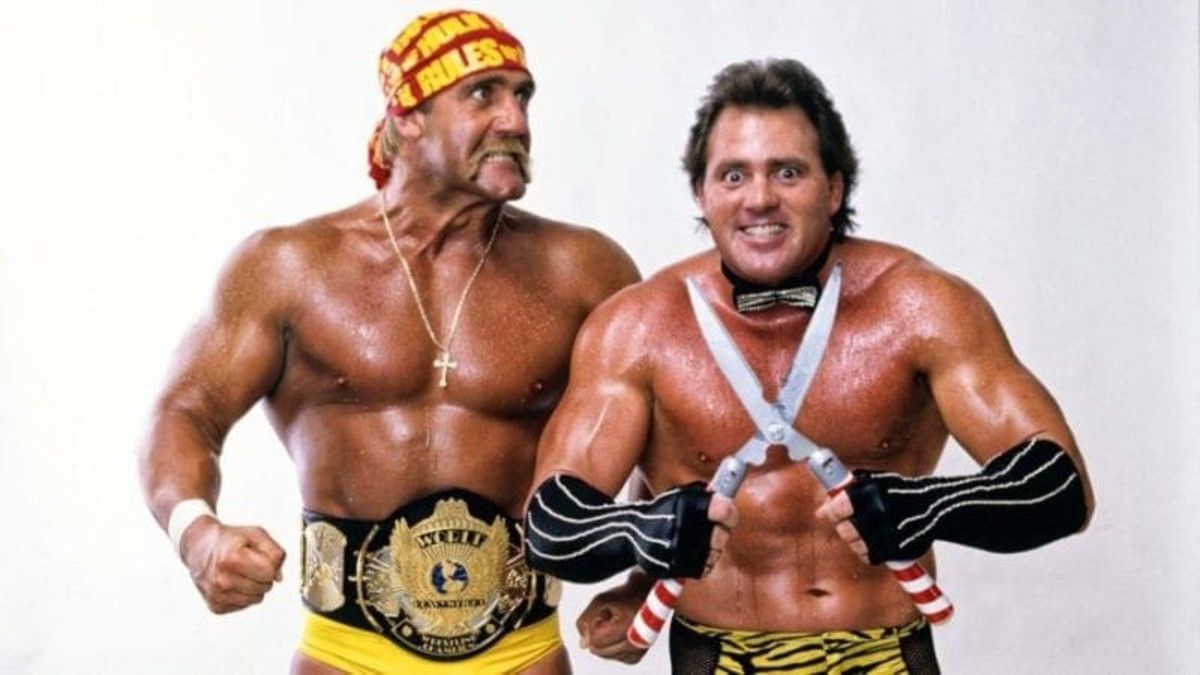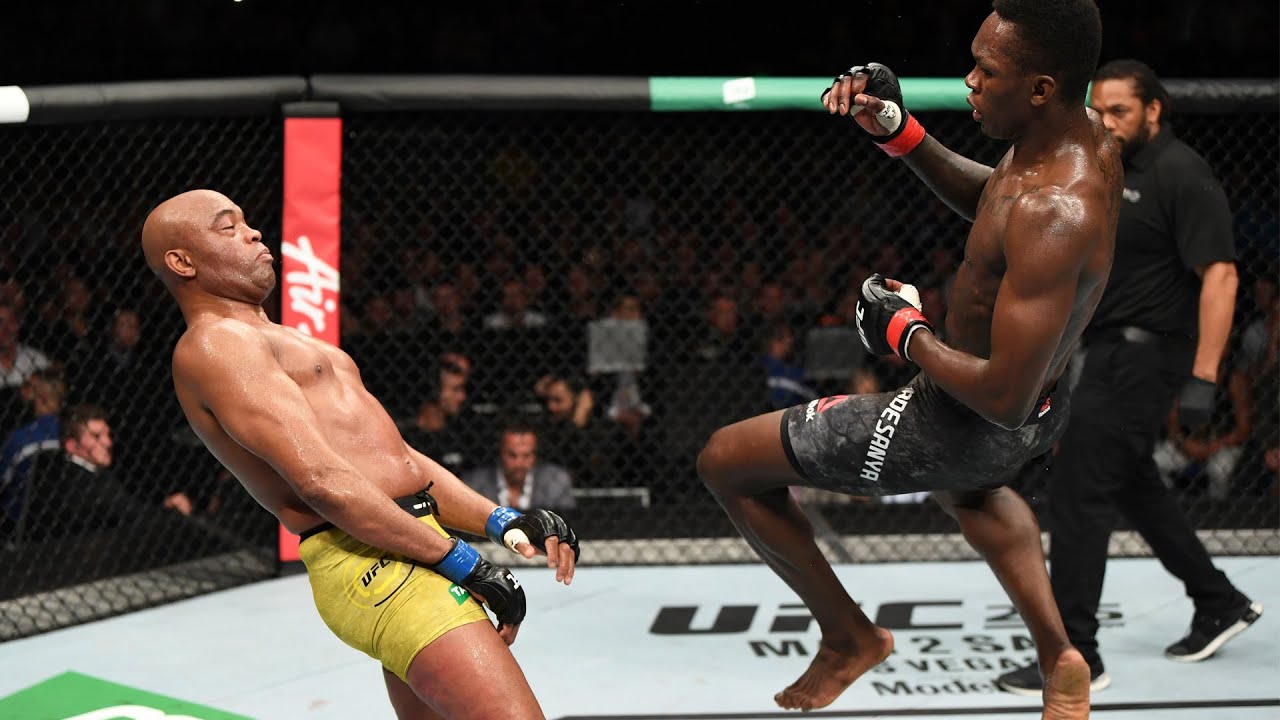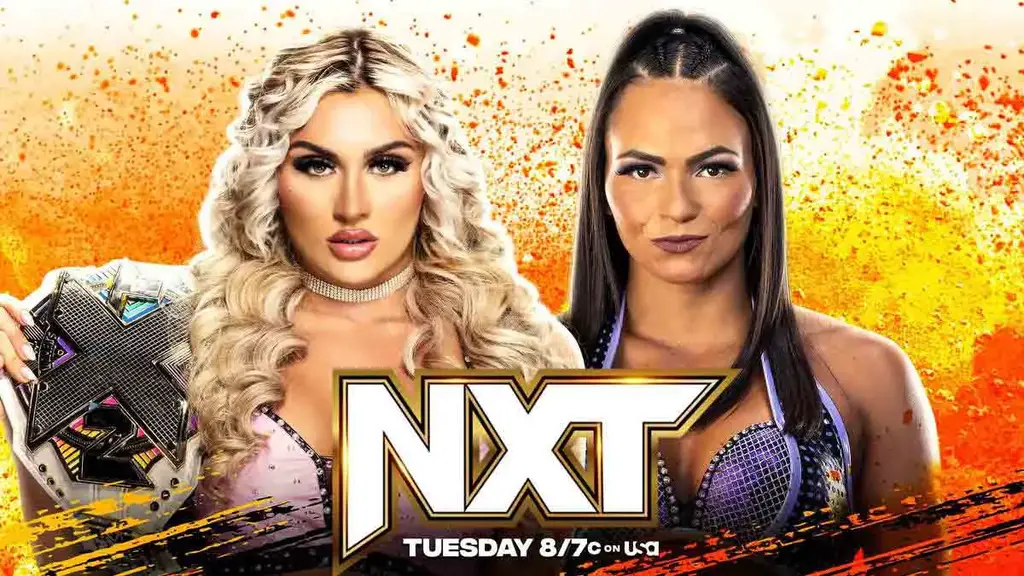The Impact of COVID-19 on UFC: Adaptations and Challenges
The COVID-19 pandemic, from early 2020, brought almost everything across the world to a standstill. Sporting activities were no different, and the UFC was not an exception to the challenges that most outfits are going through at the moment. The pandemic disorganized events, brought about cancellations, and demanded quick, quality rescheduling to ensure fighter, staff, and fan safety. The article can discuss how the UFC navigated through the COVID-19 pandemic, the challenges it has faced, and the adaptations put in place while scrutinizing its long-term implications on the sport.
- Immediate Effect and Initial Cancellations
The early months of 2020 carried with them the uncertainty of how bad the COVID-19 pandemic was going to become. Major sports leagues around the world started to suspend their seasons, and the UFC was no different. Back in March 2020, the UFC had a number of events that were called off, including UFC 249 with a big bout between Khabib Nurmagomedov and Tony Ferguson.
An integral part of this UFC 249 cancellation related to the fact that it amounted to the fifth time a fight between the two competitors, Nurmagomedov and Ferguson had been called off, with this being due to the pandemic. The event was first postponed, with hopes that it would eventually be rescheduled in the near future. It thus became worse and more evident that, really, the UFC would need new ways of operation in this very challenging environment.
UFC President Dana White was walking a tightrope at times in which the organization was struggling to navigate through this changing landscape. While the pandemic forced other sporting organizations to completely pack up shop and cease operations, White chose to have the show go on.
- UFC Fight Island
One of the most innovative solutions the UFC implemented during the pandemic was the creation of what can only be described as. “Fight Island.” It was supposed to give space to international fighters who could not arrive in America because of the stricter rules. The UFC mixed martial arts event made it possible for the doors now to be open on Yas Island in the United Arab Emirates, in probably the world’s most captivating city, Abu Dhabi.
UFC Fight Island became operational in July 2020, and the first fight took place at UFC 251. That event was spectacular and included some great fights, such as Kamaru Usman vs. Jorge Masvidal for the UFC Welterweight Championship. Creating Fight Island itself involved logistics beyond belief: the amount of testing, quarantines, and abeyance of all the safety protocols to ensure the health and safety of everybody involved, down to a T.
As it turned out, Fight Island was the success that really drove home the UFC’s ability to deflect the problems prompted by the pandemic. It offered a way for international fighters to compete and allowed UFC to continue having fights on an international scale. Fight Island became a metonym for the UFC’s resilience during a pandemic, with much credit going to the promotion for such brilliant work in getting beyond the travel restrictions and health concerns.
Making Do with Empty Arenas
Another key challenge that the UFC had to cope with during the pandemic was the challenge of doing away with live audiences. Usually, UFC events occur in packed cages with thousands of fans, and this electric atmosphere gives the feel and touch to the fights. Under the imposition of the COVID-19 norm on social distancing, the UFC had to organize empty-arena tournaments, completely different from what was normal.
It really did affect how the events worked—as well, the lack of crowds. Businessmen had to work without that special effect of fan energy; the atmosphere was simply different. The quietness at ringside brought out everything for the home viewer: the shots landing, the coaches’ instructions, and even fighters’ breathing brought out a brand new dimension to the whole spectacle.
While some fighters shone through under the sparser atmosphere, others struggled without the buzz from a watching crowd. UFC also went a step further and had to find ways to make the broadcasts exciting without the reactions that would ideally come from the crowd. Through it all, the UFC kept chugging along with its events so that at least the sport’s fans could still watch it, even in a very different form.
- Testing Procedures and COVID-19 Safety Measures
During a pandemic, the top priority for the UFC was to ensure the safety of fighters, the staff, and everyone around the events. The organization set up rigorous caution standards and procedures to reduce the risk of viral transmission. Some of these measures included rigorous bigging up fighters and their teams through testing, supposing mandatory quarantines and rigorous health screening.
Fighters and corner teams were subject to extensive testing, not just pre-event but also during and after the event. Any positive test result by a fighter took them out of the show which, in effect, led to the postponement or re-booking of their fight. On some occasions, positive tests meant shuffling whole fight cards at the last minute, with fight nights seeing changes and new matchups.
The UFC also created strict social distancing rules; the number of individuals in the arena was reduced, there was at least six feet of separation between the commentators, and exactly the same applied to as many of the production staff as possible. Masks required for all individuals on production, and non-essential people limited to a large extent; the Octagon was sanitized literally between fights.
In spite of these preparations, however, there have been cases where positive COVID-19 tests interrupted even the arranged fights of these fighters. The testing and precautions limited the spread as much as possible and allowed for events to continue.
- Paying and Pay-Per-View Events
The UFC lost a lot of money as a result of the COVID-19 pandemic. It lost a lot of its income through the doors as earnings from ticket selling, merchandise, and concessions. More often than not, this usually runs into the millions.
The main goal was to sell Pay-Per-View (PPV) events and, nowadays, there have been enormous amounts of revenue made by doing this due to each fight with their superstars and most attractive fights. The organization also provided diversification for its operations and involvement on the Internet segment; the UFC Fight Pass made more wide delivery of maximum access to the most profitable and new value for opportunities to create additional sources of revenue.
By and large, it has been accredited for the ability to keep doing PPV shows, hence a sizable impact on the organization’s financial stability. Operating on the upside of the pandemic, the company managed to come through with headings dispatching shows in 2020 and 2021 still carrying quite decent buying rates. This basically reflects the recognition that the industry enjoys nowadays after years of challenges within the sport. The high-profile fights and forced marketing by UFC produced buy rates up in the sky and maintained the fans’ attention and support during this depressing period.
- Rise of New Stars
‘While it presented many hurdles, it was also a chance for new fighters to fight their way up and make a name for themselves. With established stars sidelined or unavailable due to COVID-19 travel restrictions, the UFC was forced to give considerably more time to up and coming fighters as it filled out fight-cards and main evented shows.
Fighters like Khamzat Chimaev, Kevin Holland, and Brandon Moreno poached every little bit out of the possibilities for frequency of the fight and exposure during the pandemic. It maybe isn’t really justified to call him the dark horse fighter of them all right now, as Chimaev impressively fought three times in only 66 days. His game at the takeouts and his huge willingness to act saved him from the woes of 2020 that befell many male fighters.
Brandon Moreno rode the wave through the pandemic and on to historic action with Deiveson Figueiredo at UFC 263 in June 2021, where he became the first Mexican-born UFC champion. It was that feel-good story that cohered during such a difficult time that helped Moreno migrate from roster cut to standard-bearer.
In this sense, the pandemic has discovered how deep the UFC roster really is. What occurred was actually a diversion of organizational efforts toward North American-based fighters in attempting to hold fights while much of the remainder of the world was dealing with lockdowns and travel restrictions. In this, many of the less renowned fighters got a chance to showcase their abilities to greater audiences, and the discovery of new talent and future stars was at an all-time high.
- The UFC’s Long-Term Changes
The UFC organization was forced into adjusting quickly to the COVID-19 pandemic initiations, and some changes that were made at such times may have a very long-ranging effect on the organization, and in the larger calling.
One of the biggest has certainly been the attention directed toward greater health and safety protocols. Invoked with the recent pandemic response, it represents really the extremity to which the league is focused on the overall health and well-being of its fighters. The UFC may deploy some of these going forward, which could include enhanced medical screening and regular testing to check the health of upcoming fighters.
UFC Fight Island was executed successfully, and this further emphasized that holding events in controlled or remote locations can be turned into reality. This can definitely be used in the future for purposes of international events or if any travel restrictions/difficulties present themselves. Also, not only did Fight Island show what the UFC was capable of creating in the way of novel, marketable event concepts, but what also could be emulated across other mediums or in other ways.
Also accelerated the UFC’s move toward digital and streaming. The lack of an audience really just underscored what was already known: the future of fan engagement was in the digital distribution of its content. This is a trend that stands, and UFC continues to look toward new investments in its overall digital infrastructure along with new modes of interacting with the content through digital platforms, especially through virtual events and other innovative experiences.
More so, the pandemic was a declaration of the pliancy and fluidity that might entail scheduling fights and handling the roster UFC. The firm is likely to move the premise by ensuring that any time there is a broad, varied roster of fighters who are able and willing to fight on short notice, which in turn keeps the event on and allows new athletes some to ruminate in the fold making a splash from there.
- The UFC Leading Sport Through the Pandemic
UFC was one of the first major sports organizations to resume operations amidst the pandemic and mainly show everyone out there an example of how sports can take place in a COVID-19 world. When others shut their doors, literally leaving for a vacation, White’s unwavering dogged determination to have UFC back in operation during a period of global uncertainty helped place UF Con the vanguard in the sports business world. After taking all that effort and pulling it all off, from creating Fight Island and enforcing the strict safety protocols, the UFC earned praise across the board—from the fans to the circles of insiders. Being able to keep going on presenting fight cards has only set an inimitable blueprint to other sports leagues and entities, where safety measures ensure continuing to show live sports. Though not without its imperfections both in how it initially returned to operations and in rather aggressive behavior, the company strove on, never aborting its schedule and thereby entertained millions of passionate fans. The UFC proved that it respected the right position in the sports world during difficult times, as it is known as one of the most flexible and innovative organizations in the industry.
Conclusion
The COVID-19 pandemic has brought on quite a lot: the root problems, such as the cancellation of events, and constraints regarding travel, crowds of live spectators, and added importance in the observation of rigorously assembled protocols. However, the UFC has found prompt solutions and adjusted quickly to ensure that its ability to stage events remains intact, continuing to be the top-notch elite sports organization. The UFC’s response to the pandemic is one that will have lasting effects on the sport: new concepts like “Fight Island,” unprecedented importance placed on safety and health precautions, and the showing of resilience of the fighters and organizational structure. Such lessons will likely influence the sport for years to come as the world rebounds from the said pandemic. The pandemic, in fact, also leaves room for rising stars and the UFC to embrace new methods of interaction with the fans of compulsive management. Keeping this challenge in mind, UFC, through adoption and innovation, has guarded the strength of the sport and even boosted its repeat value across the globe.
